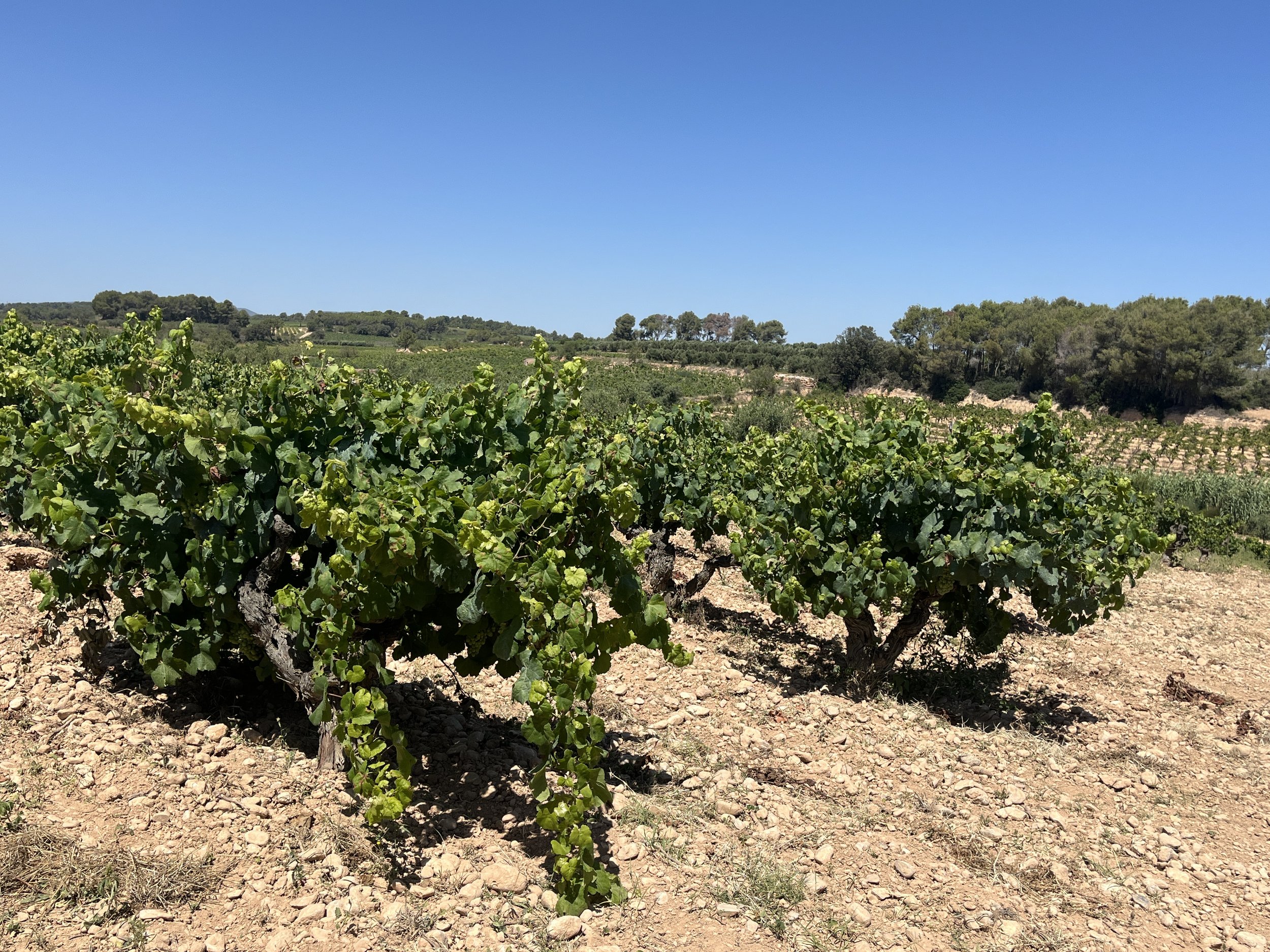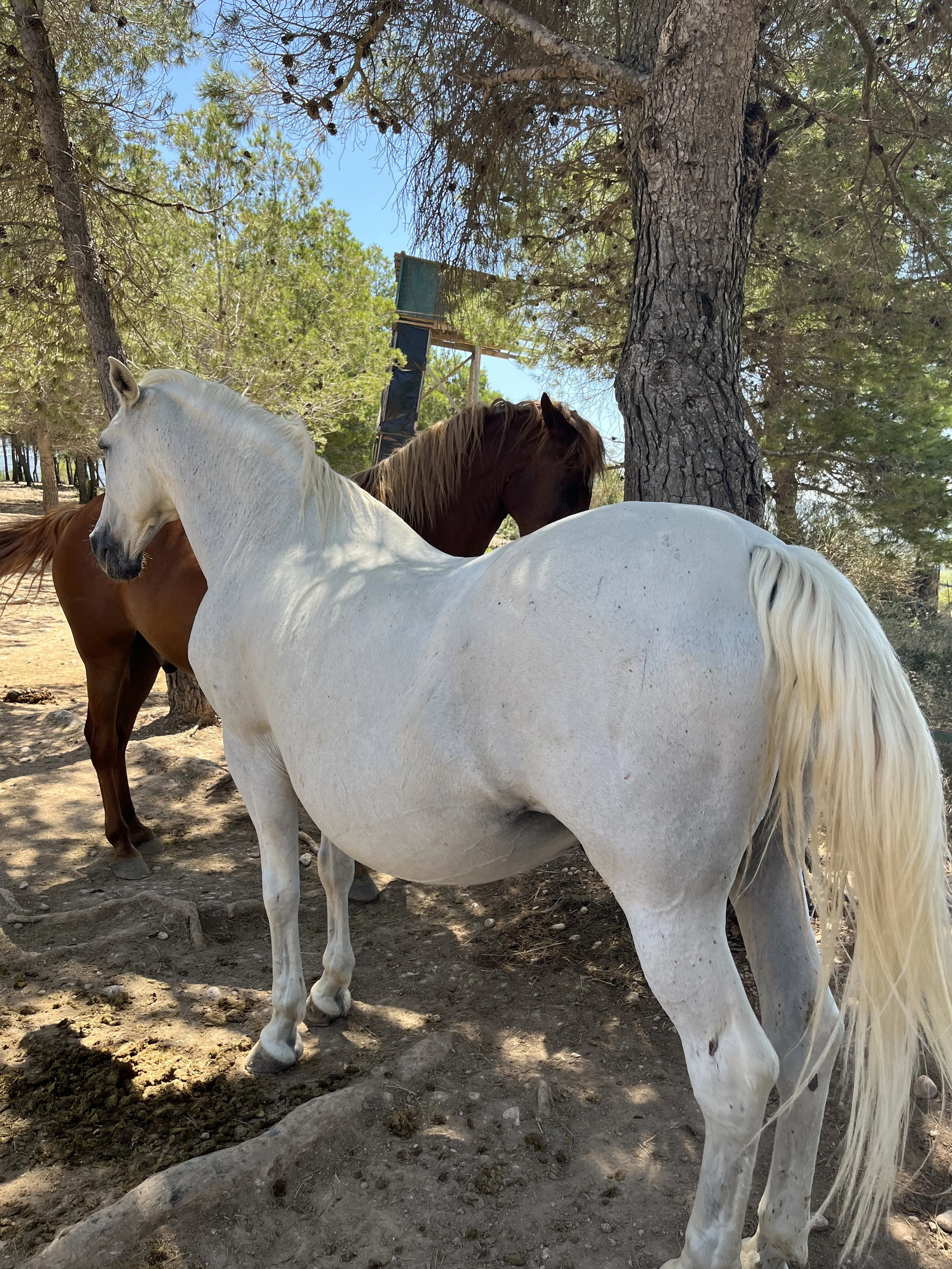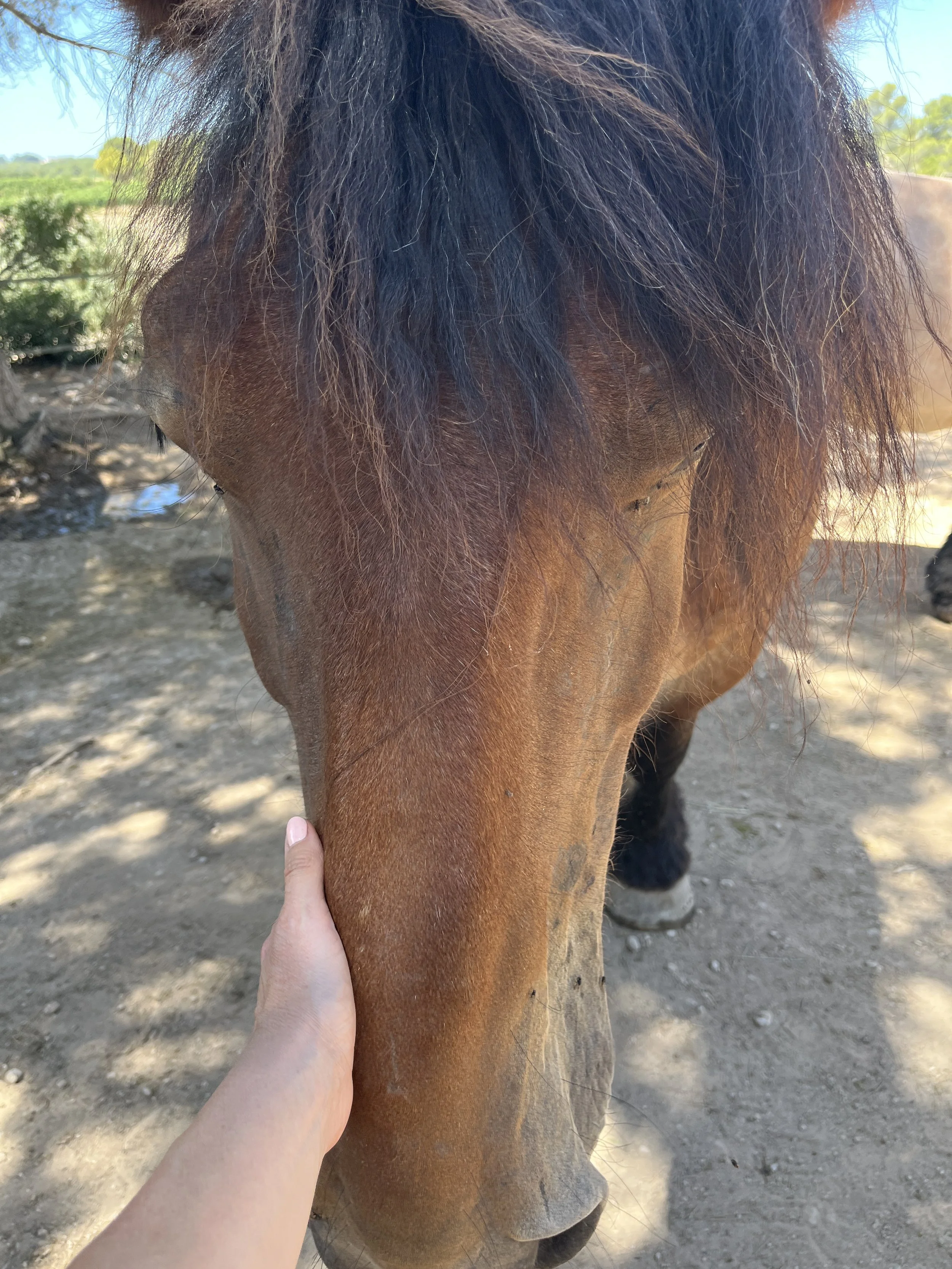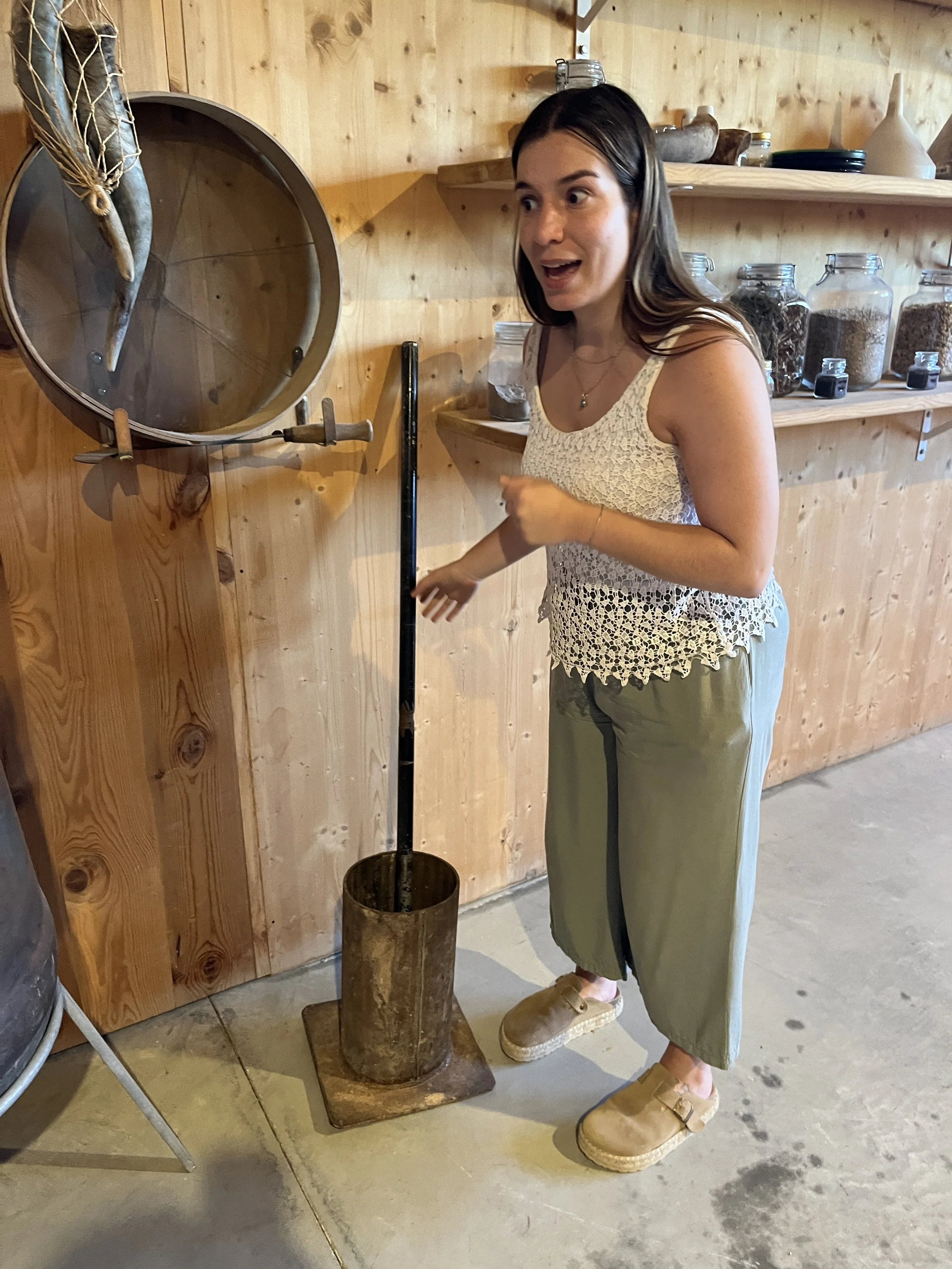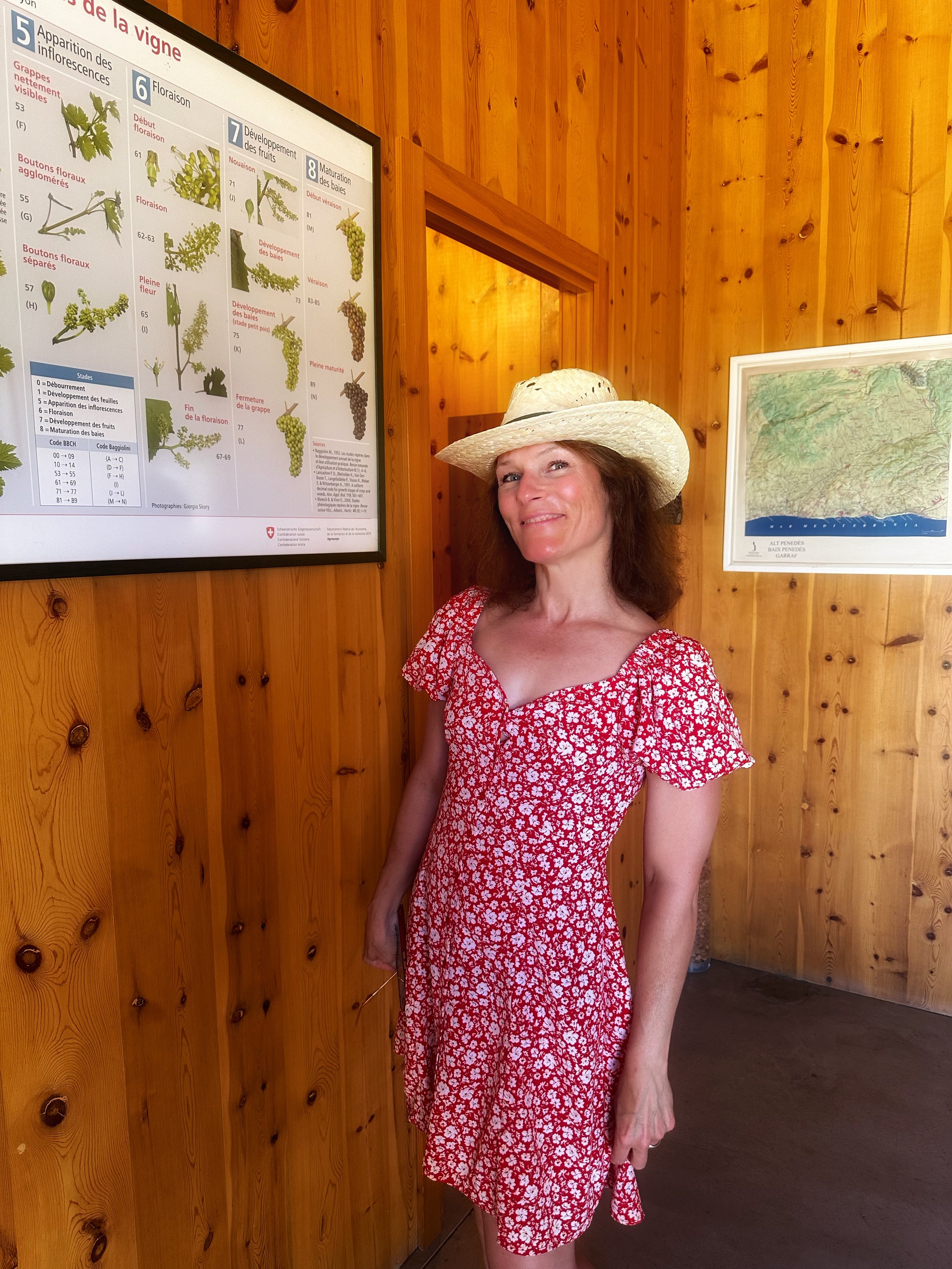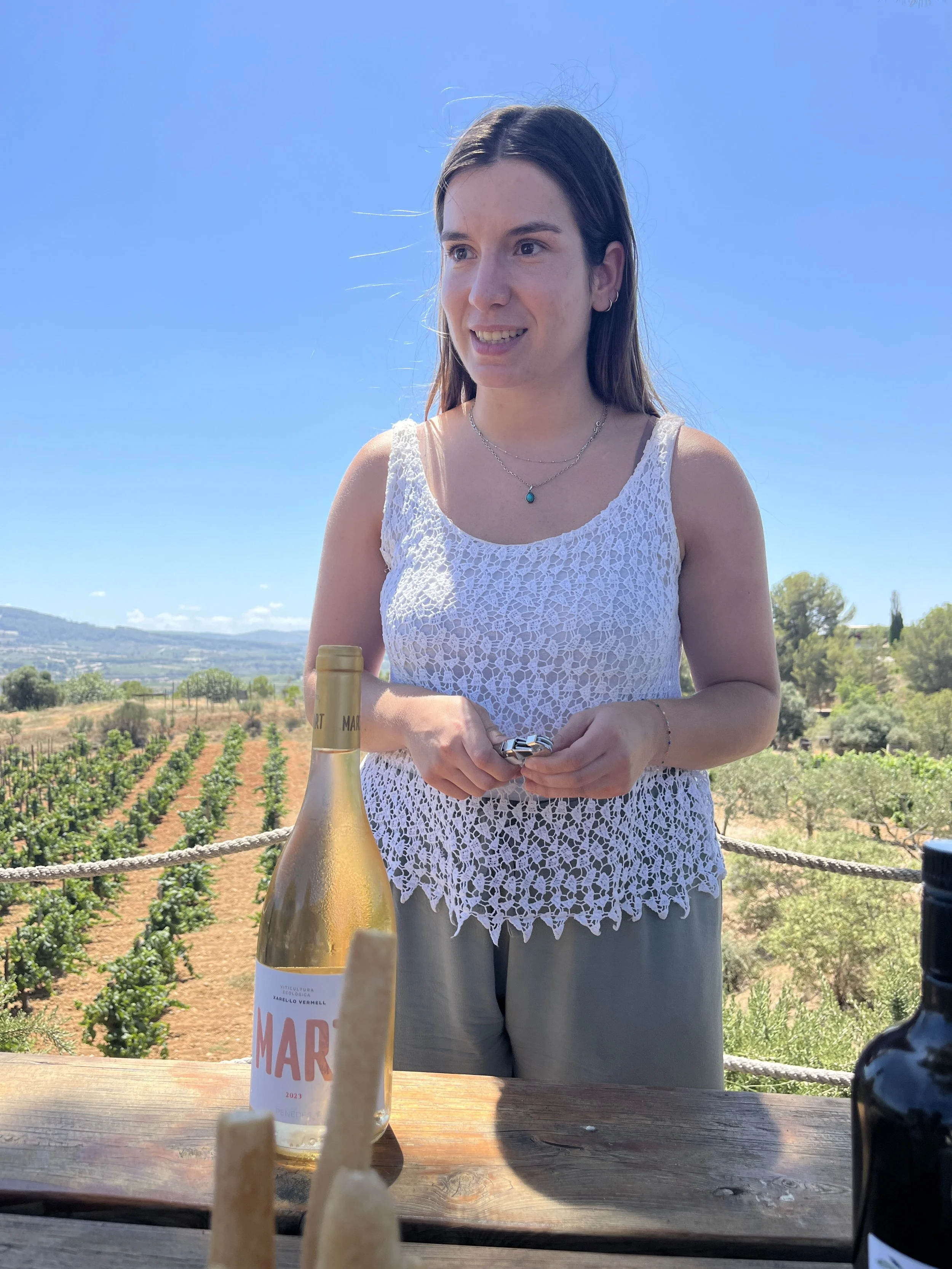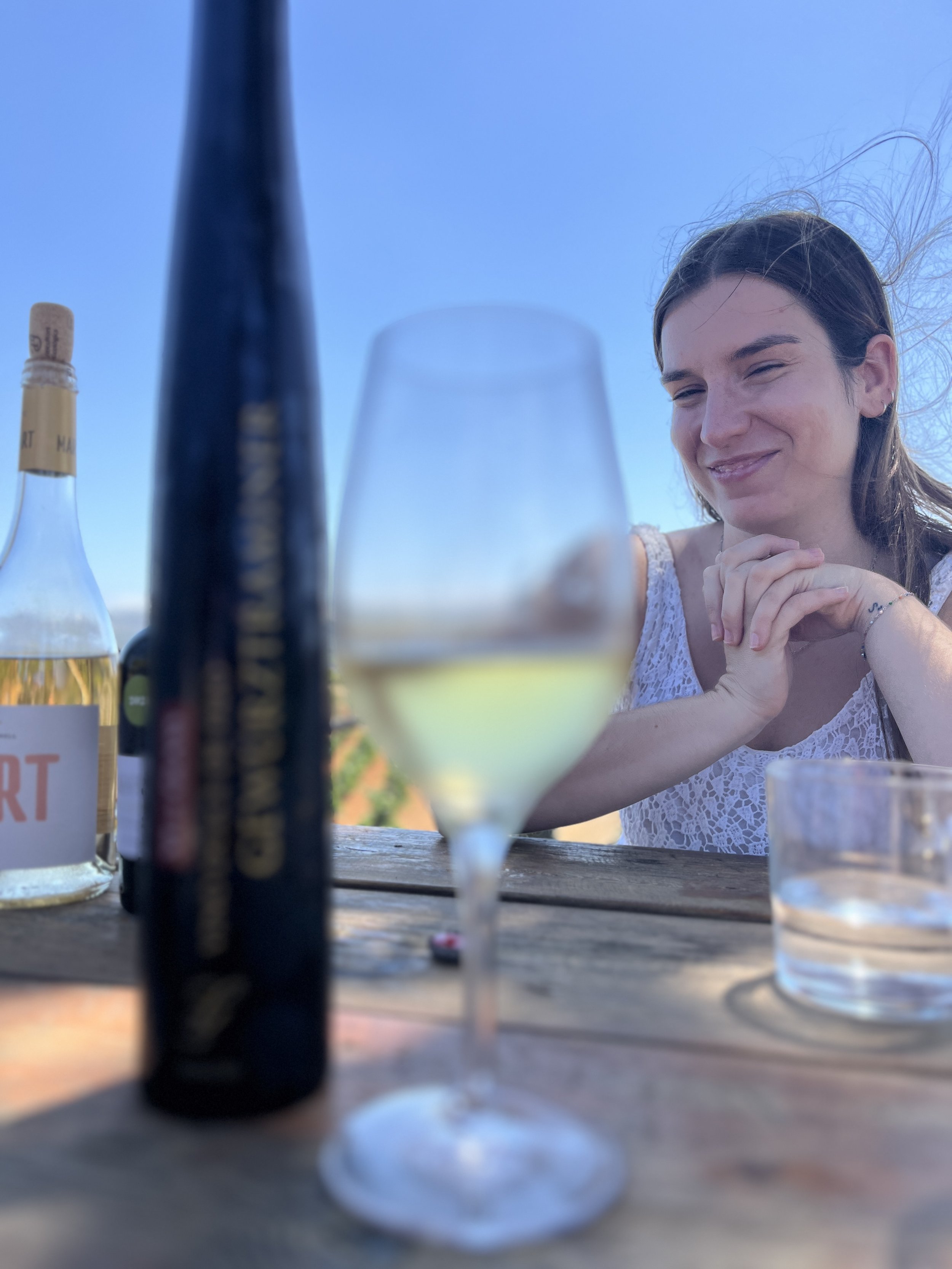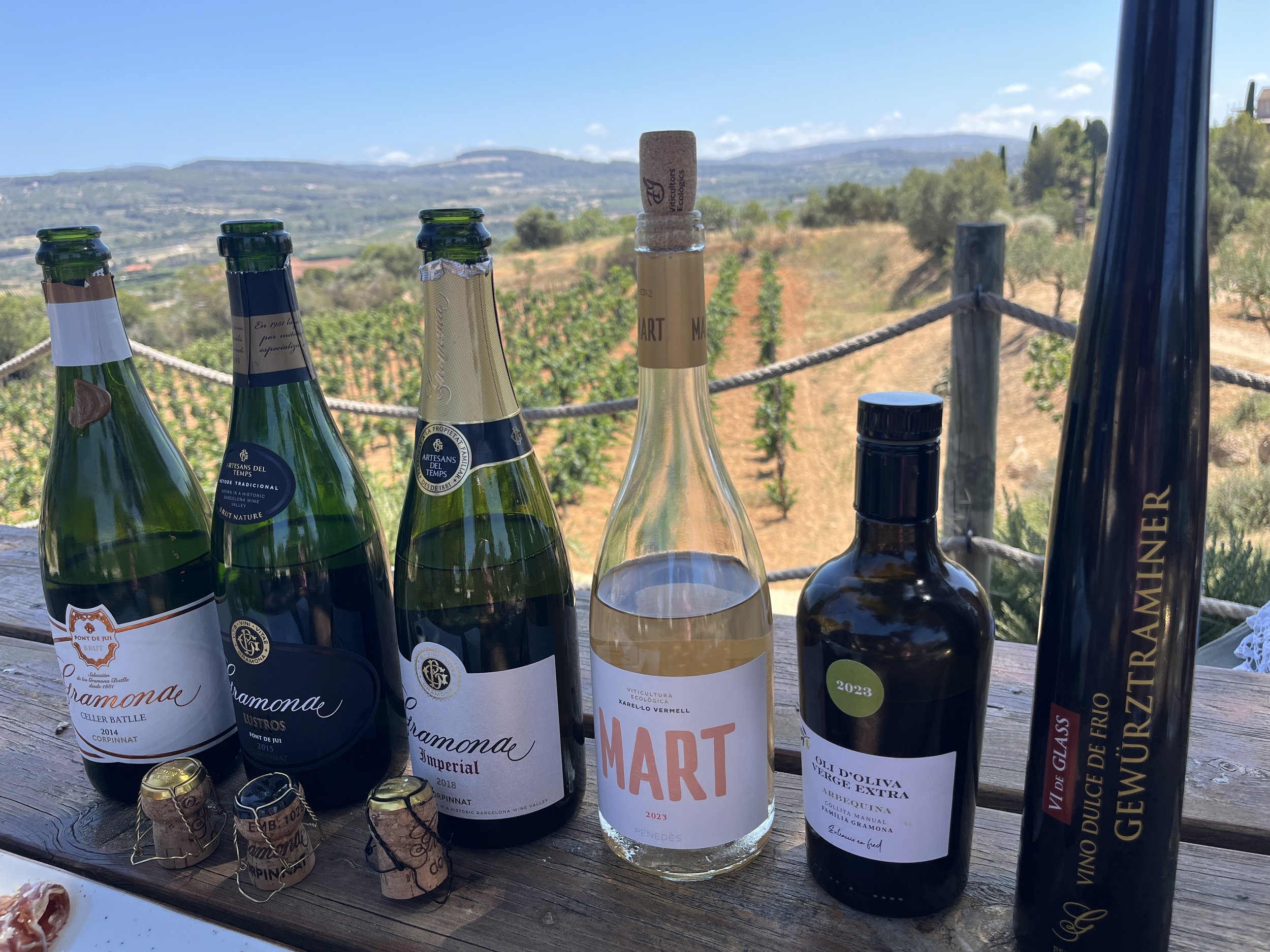Uncork The Secrets Of Gramona
Gramona’s Role in Cultivating Nature at their Biodynamic Winery
Gramona is more than a winery; it's a living testament to a family's unwavering dedication to crafting exceptional sparkling wines while nurturing the land. Nestled in the heart of Sant Sadurni, Spain, this sixth-generation estate has become a beacon for biodynamic agriculture and winemaking innovation.
My journey into the world of Gramona began with Judit, a passionate and knowledgeable guide who introduced me to the family’s rich history and their philosophy of winemaking. The story of Gramona is deeply intertwined with the Penedès region. The Batlle family planted the first seeds in the mid-19th century, and when the Gramona and Batlle families united in marriage in 1921, the winery was born. In 2017 the family was one of six families to found the Corpinnat brand (a Spanish wine designation for high-quality traditional method sparkling wines produced in the Penedès region of Catalonia. It represents a breakaway from the Cava DO, aiming to establish a higher standard for Spanish sparkling wine.) Today, the fifth and sixth generations carry on the tradition while pioneering biodynamic and sustainable practices.
Gramona’s commitment to quality is evident in every facet of their operation. A visit to the vineyards revealed a landscape shaped by centuries of careful cultivation. I casually mentioned that I wasn’t pressed for time during the visit. Judit beamed and immediately led them me a tour of the vineyards. The parched, rocky soil, a testament to their dry-farming practices (one of many Corpinnat minimal intervention standards), was a fascinating sight. Judit explained the deep pits dug for soil analysis, a crucial step in understanding how the vines react and grow, informing necessary modifications. She then unveiled a unique sight: new vines planted in a key line "s" pattern. This innovative approach reduces erosion risk and improves water absorption.
Biodynamics at the Core
The heart of Gramona's viticultural philosophy is biodynamics. As early adopters of Demeter certification in Spain, they've set a benchmark for organic and biodynamic viticulture. Grapes are sourced from 303 hectares, including the family's 72-hectare estate, are managed with a holistic approach that extends beyond the vines. Every aspect of their winemaking process, from vineyard cultivation to cellar work, adheres to strict biodynamic standards.
The tour continued to the farm, a bustling ecosystem teeming with life. The Clydesdale horses (tilling 24 hectares), the donkeys (including the affectionate Turroneta who loves head massages and her equally sweet mother Leticia), chickens and geese (natural pest control), falcons (protecting the vines), and even Bullmastiffs (guarding against wild boars and deer) all play vital roles in the Gramona family wine lifecycle. These animals are treated with respect and kindness, evident in the post-work baths for the Clydesdales – a refreshing reward for their labor.
The farm operates as a self-contained unit, producing its own manure and animal feed without resorting to pesticides or fertilizers. Biodynamic practices involve using various herbal and mineral additives for compost and field sprays prepared using unique methods like burying cow horn manure-filled quartz crystals. These practices are believed to harness "cosmic forces" within the soil.
Gramona's dedication to sustainability extends beyond their own estate. They founded the Aliances per la Terra in 2015,an association uniting environmentally responsible winegrowers. Inspired by Gramona's leadership, members have embraced a gradual, natural approach to revitalizing the soil and landscape. All growers adhere to organic and biodynamic principles, contributing to a significant expansion of biodynamic vineyards in the Penedès region, now totaling 420 hectares.
Pioneers of Long Aging
Gramona's winemaking philosophy revolves around the concept of "artisans of time." They meticulously craft their traditional method sparkling wines, allowing them to age for extended periods to develop exceptional complexity and depth. This patient approach results in elegant, refined wines capable of graceful aging.
One of Gramona's most significant contributions to the world of sparkling wine is their pioneering spirit in long aging. In 1951, they created the groundbreaking Gramona III Lustros, released a decade later and considered Spain's first long-aged sparkling wine. This bold move redefined the category and established Gramona as a visionary in the industry.
My tasting experience was a sensory delight. Seated on a breezy hillside next to the farm surrounded by vines and forests, I was in heaven. From the vibrant Gramona Imperial to the complex Gramona III Lustros,each wine showcased the unique character of the Penedès terroir. The addition of an Arbequena olive oil to cleanse the palate was a thoughtful touch. The highlight for me was undoubtedly the Gramona Celler Battle Corpinnat Brut 2014, a rare and exceptional sparkling wine aged for 104 months. Judith showed me the tradition of tying a decorative rope around my wrist as a symbol of joining the Gramona family was a truly special moment.
Gramona is more than a winery; it's a living example of how passion, tradition, and innovation can coexist in perfect harmony. The family's commitment to the land and their unwavering pursuit of excellence have created a legacy that will undoubtedly inspire generations to come. Gramona is a place where nature and human ingenuity intertwine, producing wines that are as exceptional as the story behind them.
Judit's infectious passion, enthusiasm, and dedication to the family were truly inspiring. She opened the doors to the heart and soul of Gramona, making this visit a truly magical experience. I cannot thank her enough for this unforgettable experience. Till next time, salud!

